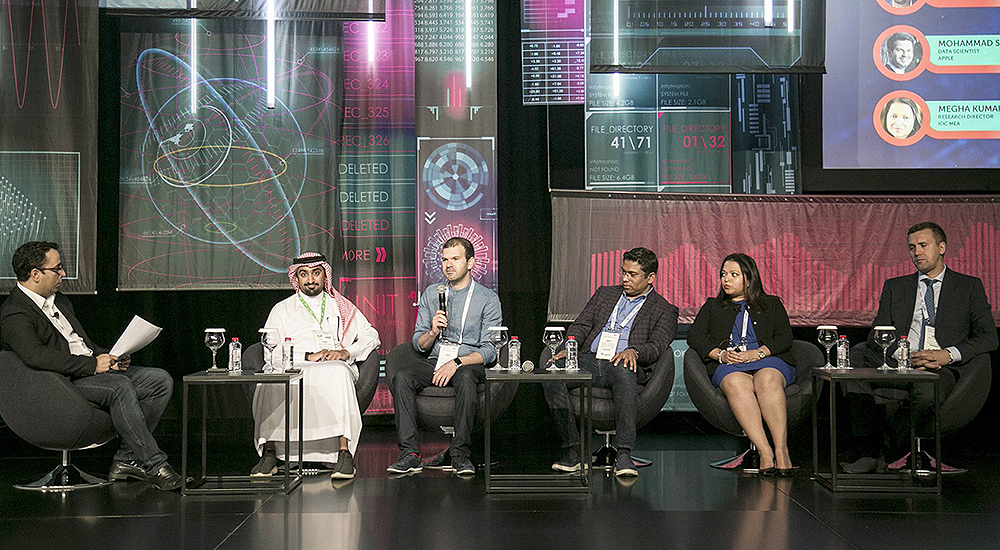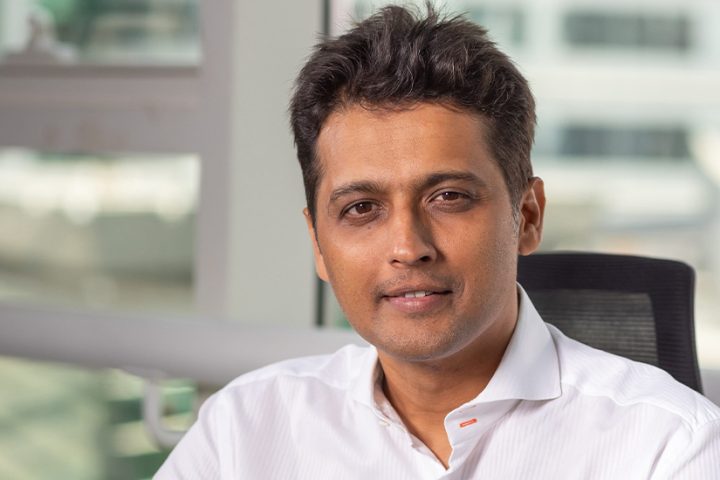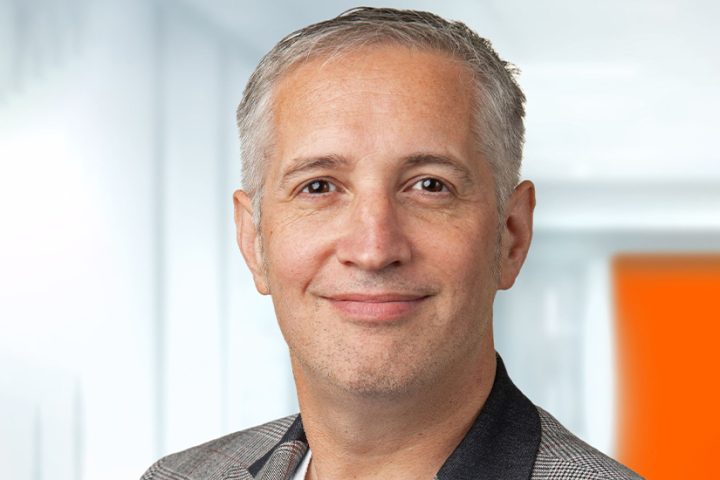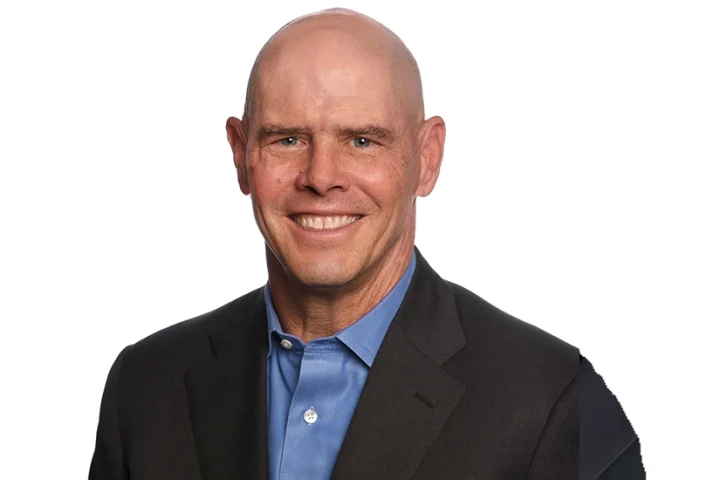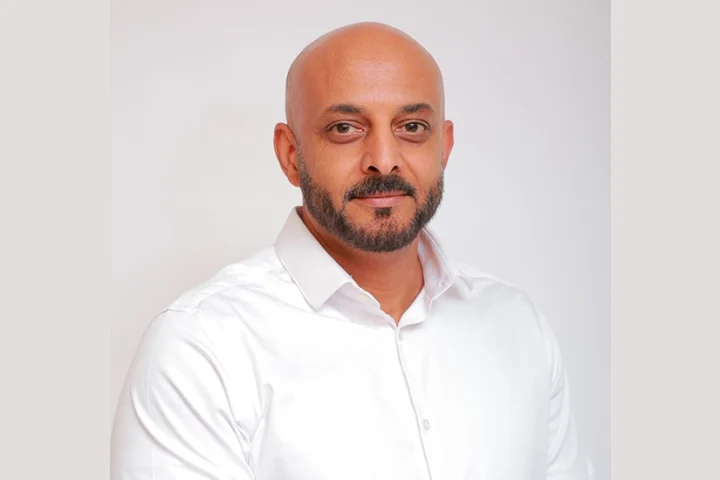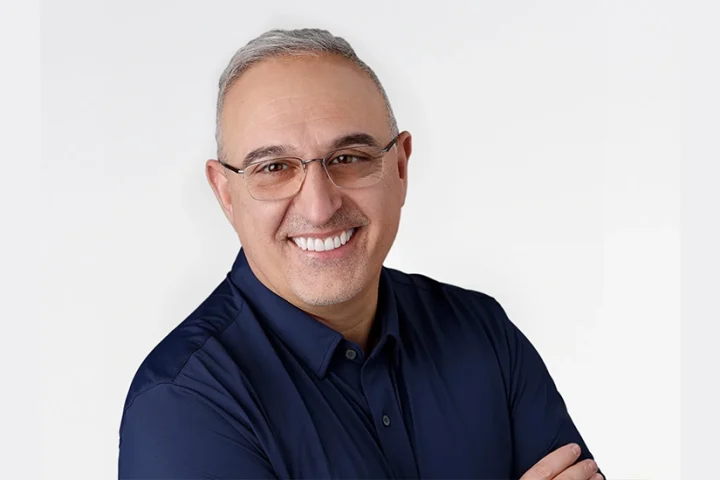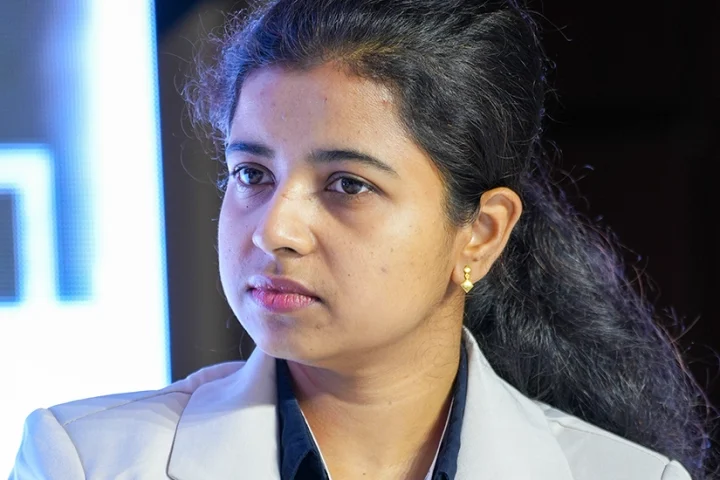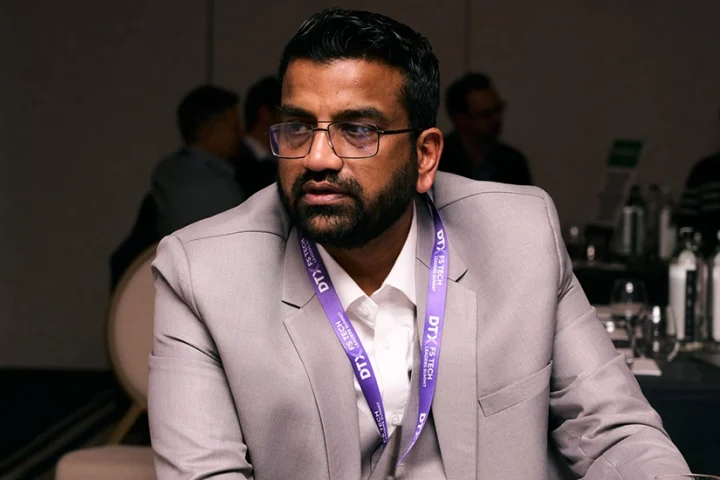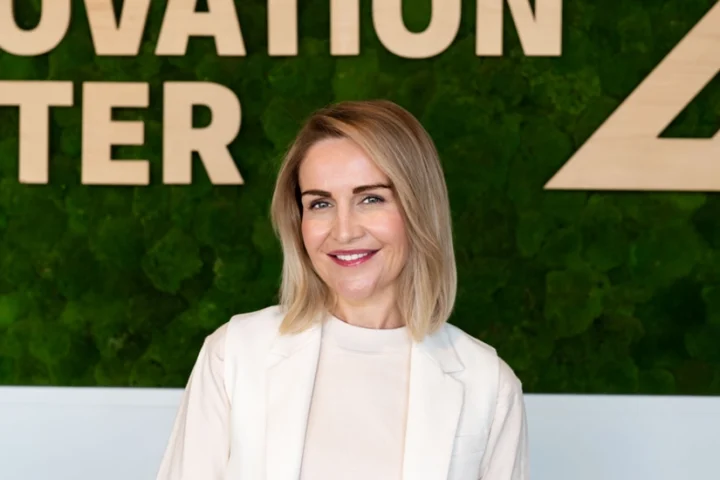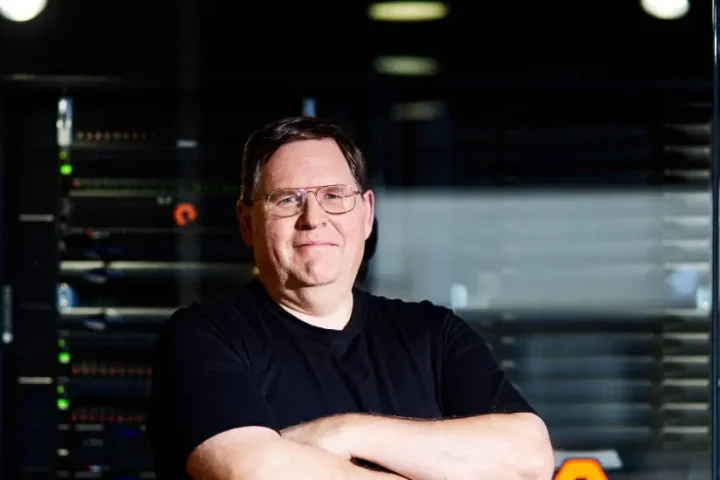Artificial intelligence is the next big opportunity for cities was the unanimous agreement at a future-focused panel featuring Apple’s Data Scientist, Mohammad Shokoohi-Yekta; Dr Mazen Melibari, artificial intelligence lead, MiSK Innovation; Renil Paramel, Senior Partner, Strategy of Things; Megha Kumar, Research Director, IDC MEA; and Andrey Belozerov, Strategy & Innovation Advisor to CIO, Moscow, at Day Three of Gitex 2018.
Taking to the stage to discuss artificial intelligence in your city: an apocalypse or the next business opportunity?, the power-packed panel highlighted how the artificial intelligence we experience today is still at an early stage and set for further transformations. Calling artificial intelligence the most beautiful concept today, Apple’s Mohammad Shokoohi-Yekta highlighted how the technology is not just about saving companies money, but also saving lives, ultimately adding a lot of convenience to people’s lives.
Talking about innovative solutions in San Mateo, California, Renil Paramel highlighted how artificial intelligence technologies activate blowers to push out polluted air when an excessive number of cars are circling in a parking lot looking for a place to park. Recalling the need to ensure the highest levels of crowd safety at the 2018 FIFA World Cup, Andrey Belozerov commended the city of Moscow for using artificial intelligence-powered cameras for security, preventing unwanted elements from entering stadiums.
Concluding the discussion, the panelists reiterated that people need not worry about their safety or jobs. Artificial intelligence will ultimately create efficiencies and move redundant jobs to machines. For aspiring Smart Cities, artificial intelligence will simplify tasks and be complementary to the roles humans play in government and city-wide operations. The next step in the artificial intelligence evolution will be in showing people how these technologies will work, thereby transforming cities, lives and businesses.
Gero Gunkel, Group AI Lead, Zurich Insurance Company, dove into the Swiss company’s award-winning cognitive solutions that leverages artificial intelligence algorithms to make decisions like a human brain; analysing text to understand the meaning, structure and logic of policies.
In his discussion, Gero illustrated how innovative technologies can be harnessed to improve business performance to ultimately improve the end value to the customers. The company’s cognitive technology enhances risk prevention by quickly assessing and resolving deviations from customers’ expectations and improves service by allowing underwriters to conduct deeper, more value-adding risk insights.
During his address, Gero spoke about Zurich Insurance’s first project in 2017 where they deployed artificial intelligence in deciding personal injury claims and reviewing medical reports. “It helped us cut down processing time from 58 minutes to five seconds and helped us free up 40,000 work hours per year,” said Gero.
While everybody talks about what artificial intelligence can do, Gero felt that we tend to exaggerate the progress we are actually making and end up creating hugely inflated expectations. Talking about what artificial intelligence cannot do, Gero said that machines need exponentially more data to analyse information, compared to humans who are better at taking decisions with the information they have. “Machines need to have a robust decision-making algorithm as they can be easily confused – the object recognition and scene understanding is also not the same,” added Gero.
Saudi Accelerator Day got underway at Gitex Future Stars with panelists from three of the Kingdom’s leading investment and research firms declaring the country one of the GCC’s prime launchpads for startups. Discussing Investing in Disruptive Opportunities in Saudi Arabia, Waleed AlBalla, Partner, Saudi Technology Ventures; Omar Almajdouie, Founding Partner, Raed Ventures; Salman T Jaffrey, Chief Investment Officer, Saudi Aramco Entrepreneurship Ventures; and Sultan Bin Khaled, Head of Investments, TAQNIA agreed that the Kingdom is ripe for startups, but startups need to think realistically in their approach to investment.
Omar Almajdouie said: “The most common thing that we are seeing in some amateur entrepreneurs is overpromising, which is not really correct when approaching investors. What they should convince us about is how they think the market can adopt what they are proposing and also be able to convince the more old-school and traditional clients to come to their new model. This is the key thing.”
Salman T Jeffry added: “A lot of startups are overly concerned about valuation and they need to have a sense of long-term picture especially in a market like the Middle East where their exit may take longer than anticipated. It is important for them to see the bigger picture.”
Brian McBride, the former chairman of ASOS and brains behind Amazon’s takeover of the UK marketplace, has issued a stark warning to customer-focused industries in the tech age: evolve or die. Speaking at Gitex Future Stars’ digital marketing conference, McBride illustrated how disruption is affecting every industry, with more now almost constantly expected – especially across how businesses communicate with customers. He insisted firms simply cannot afford to miss out.
He said: “Look at what Netflix and Amazon have done to the traditional content TV industry. It is happening everywhere and if you look at the pace of it, it is just going to accelerate so there is no option to stand still. My message to you is that you are going to have to evolve or your business will end up dying. There is no doubt that tech disruption is dramatically increasing the demise of big companies out there. The average company last year was estimated to live 60 years, this year the average is 20 years. The life of the company is getting compressed by this disruption. There is no middle way and you cannot stand still. You have to evolve.”


